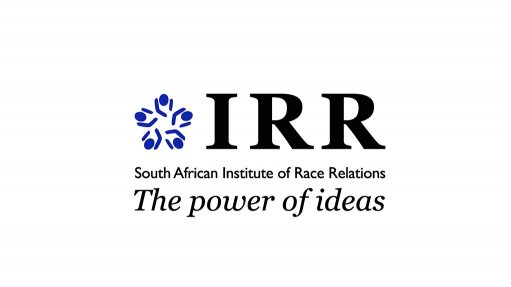
The Institute of Race Relations (IRR) is briefing lawyers in preparation for taking, what it considers to be, the "procedurally flawed work" of Parliament's Joint Constitutional Review Committee (CRC) on amending the property clause in the Constitution.
The IRR expects that the CRC will recommend on Thursday that Section 25 of the Constitution be amended to allow expropriation without compensation (EWC), which it terms "nationalisation by another name".
"Such a change will have disastrous economic, social, and political consequences for all South Africans," the IRR said in a statement.
"More than 720 000 written submissions were sent in to the committee, about 80% of which were opposed to EWC. The committee has failed to consider these comments and is likely to make its EWC recommendation without ever having looked at 99.9% of them.
"However, the committee has a constitutional obligation to hear and heed what South Africans have said on the EWC issue. The IRR is determined to ensure that it fulfils this obligation.
"The hundreds of thousands of submissions which people took the trouble to send in must be fully taken into account, not effectively relegated to the rubbish bin, as the committee currently seems intent on doing."
When the committee met on Tuesday, parties were given a chance to present their recommendations.
Parties opposed to an amendment to the Constitution – notably the Democratic Alliance, African Christian Democratic Party, Congress of the People and Freedom Front Plus – also expressed their concerns about the committee's handling of the written submissions.
The parties in favour of an amendment – notably the African National Congress, Economic Freedom Fighters and the United Democratic Movement – defended the process.
The CRC will meet on Wednesday afternoon to deliberate on its recommendations, and on Thursday, to adopt its report.
This report will then be tabled in the National Assembly, and if it recommends a Constitutional amendment and it is adopted by the House, another committee will be tasked with drafting the amendments.
This process would entail another public participation process and would have to be passed with a two-thirds majority.